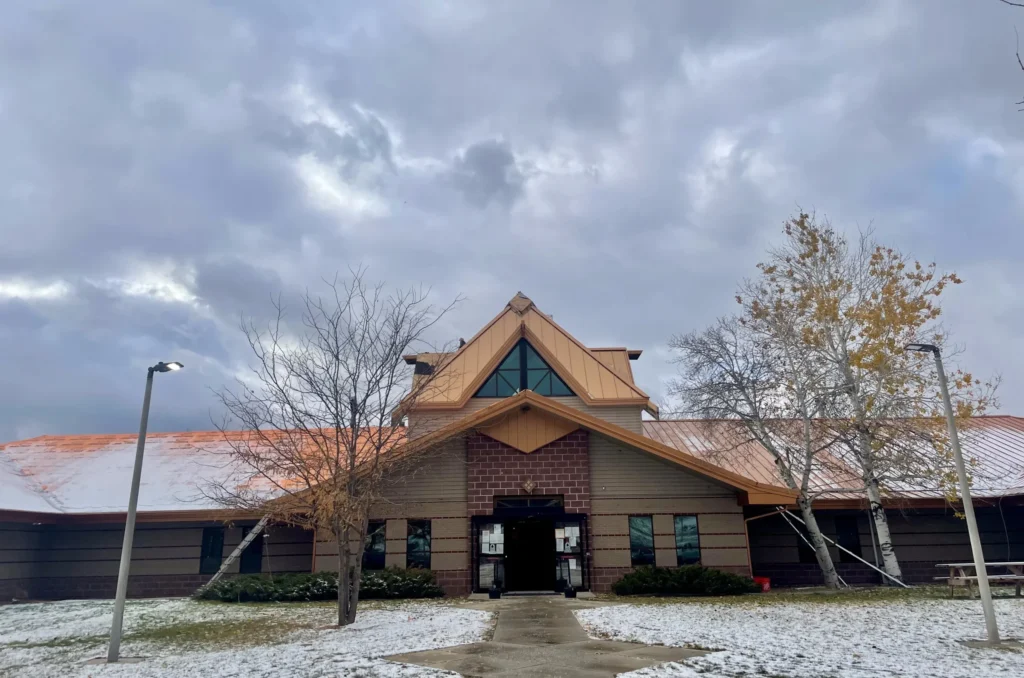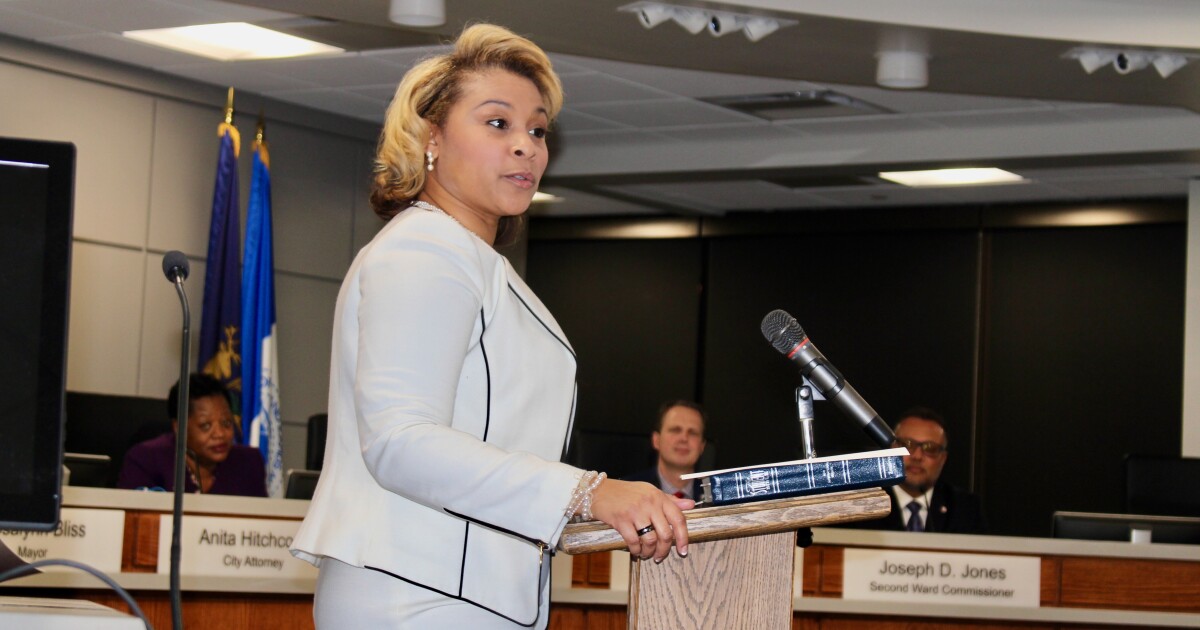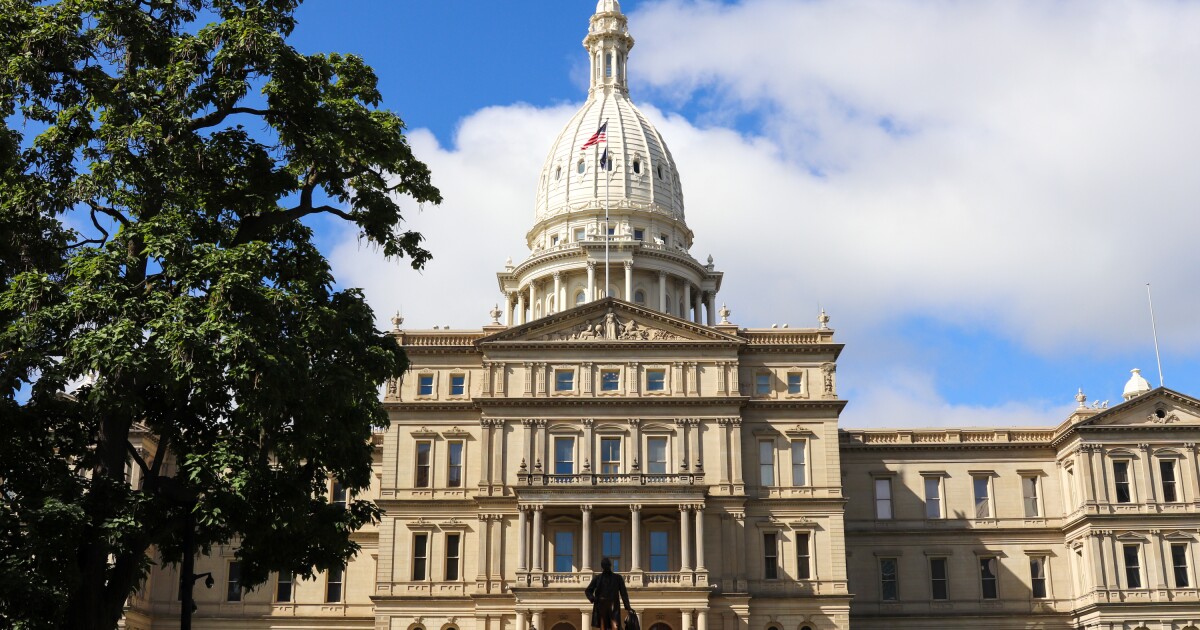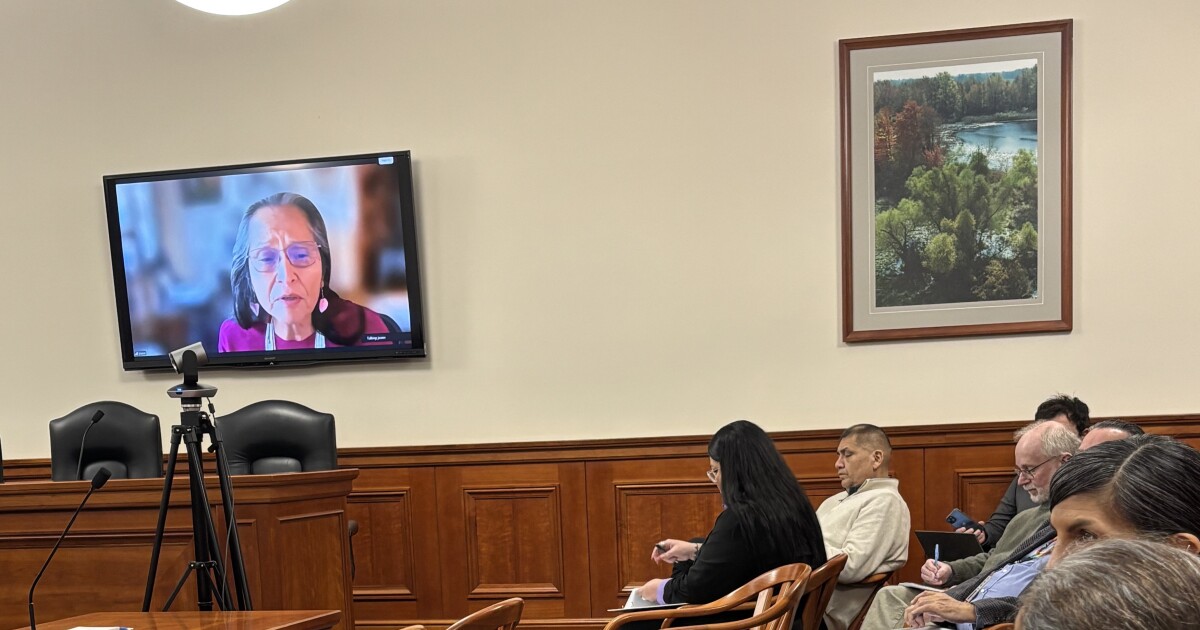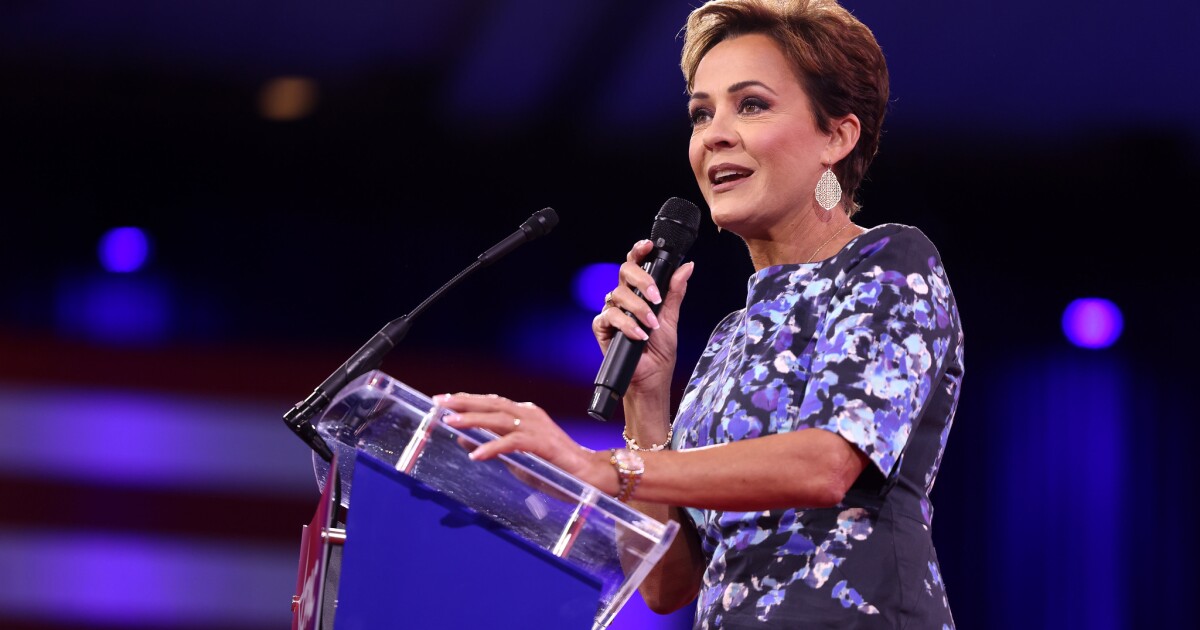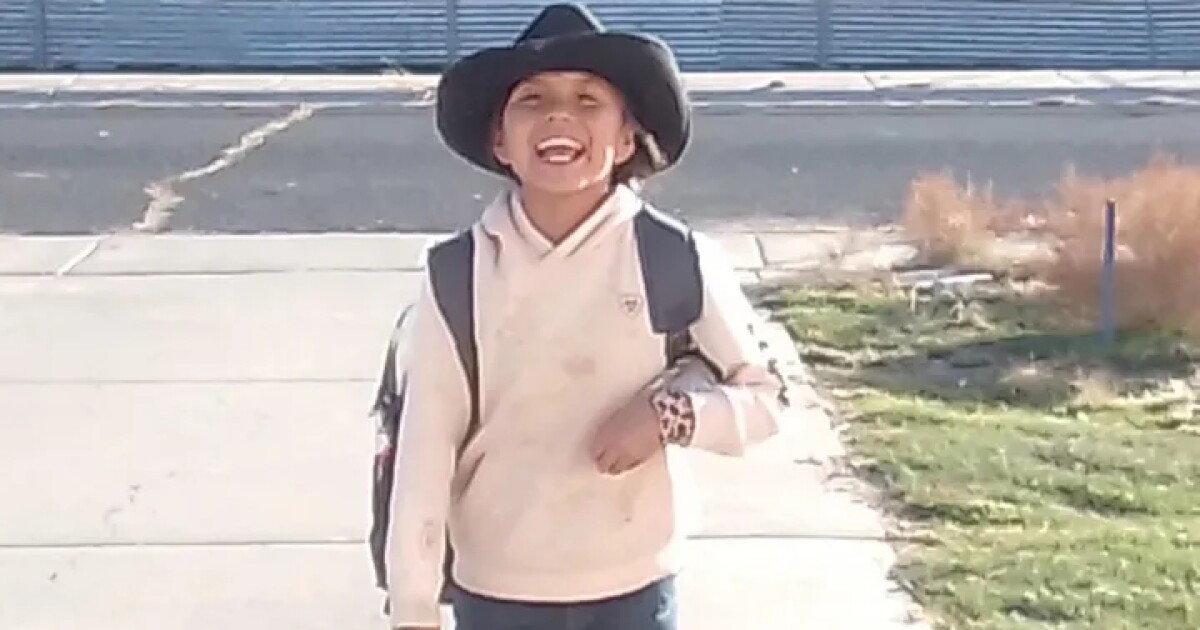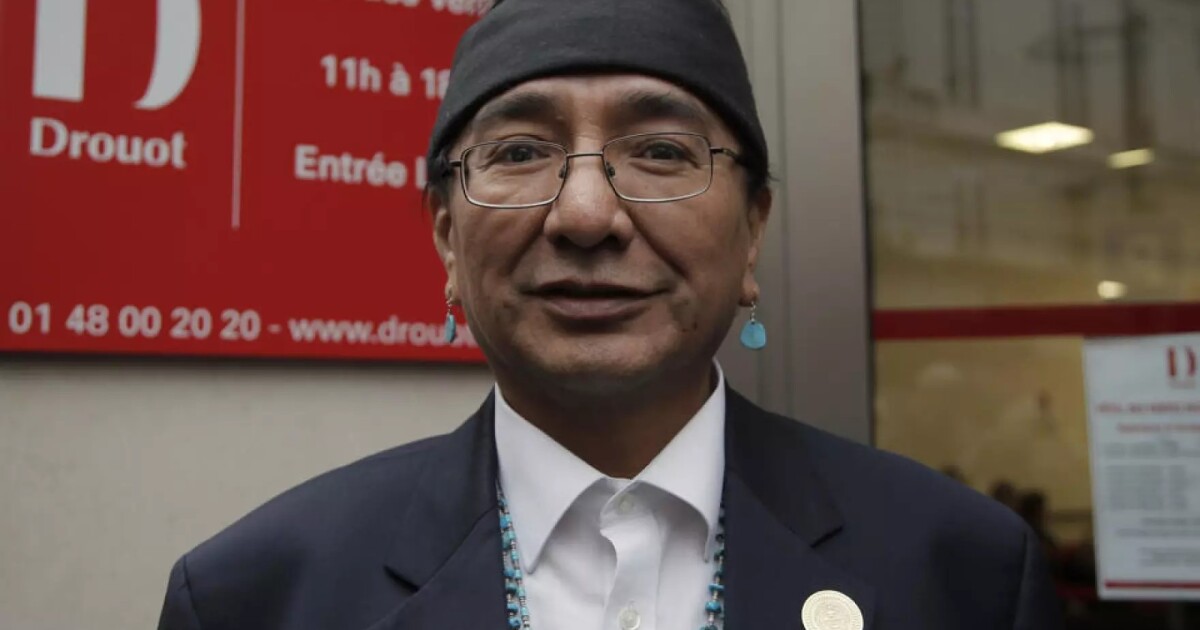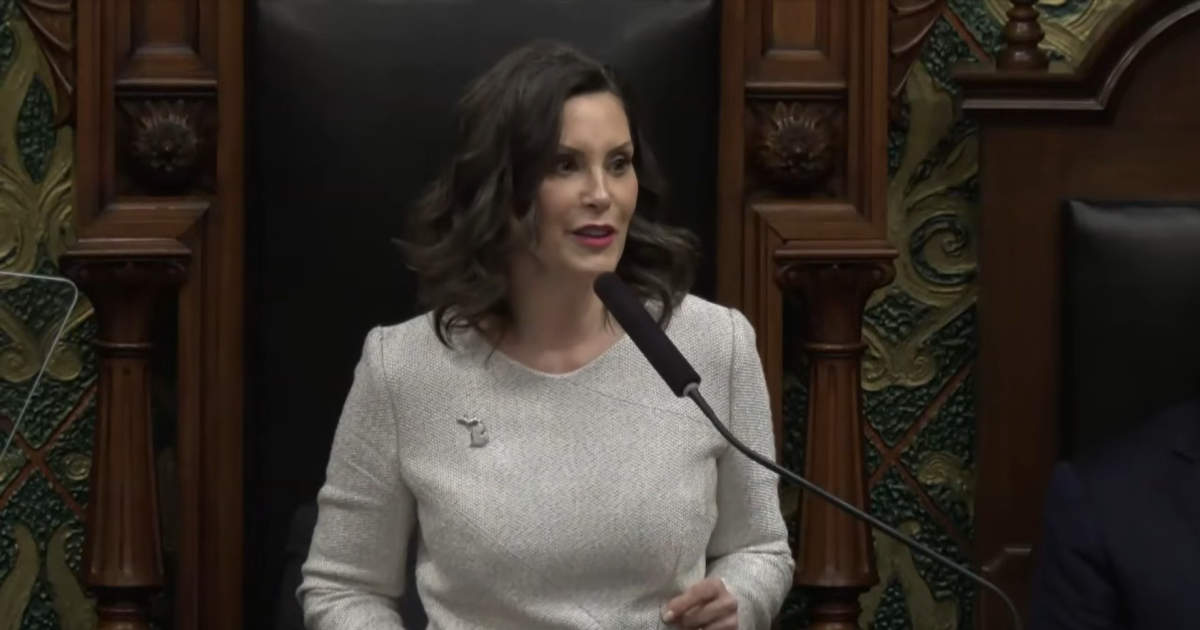Tensions have escalated on the Northern Cheyenne Reservation in southeast Montana, where a conflict has emerged between tribal council members and the tribal president. The reservation, with a population of 4,329, is seeing its legislative branch at odds with President Gene Small. Significant events continue to unfold, impacting governance and transparency within the tribe.
The Northern Cheyenne Tribe operates under a three-branch government system, mirroring U.S. structures since 1935. Gene Small, advocating for transparency and accountability, narrowly assumed the presidency last November. Earlier this year, Small authorized a forensic audit into the allocation of federal coronavirus relief funds, with council’s consent.
A tumultuous August 18 meeting, marked by a physical altercation, led to the council’s decision to close future meetings to public attendance, instead streaming them on YouTube, which provoked public outcry for transparency. On September 5, Councilmember Melissa Fisher accused President Small of constitutional violations and ethics breaches, calling for his removal.
A special session on September 8 saw the council voting to schedule a removal hearing for Small, despite opposition from Councilmember Torrey Davie, who criticized it as a “power play.” However, a letter from Bureau of Indian Affairs Superintendent Andrew Werk, Jr., disapproved the council’s resolution due to insufficient signatures.
In a turn of events on September 10, traditional tribal leaders urged legislative members to resign. Protesters rallied on September 11 in support of President Small and traditional chiefs, questioning the legitimacy of the current council’s authority. Despite the turmoil, the council stood by its removal vote, while President Small declared the council’s decision “null and void.”
Meanwhile, the Bureau of Indian Affairs affirmed recognition of the tribe’s existing governance, maintaining President Small’s position. The next tribal council meeting is set for September 15, but it remains uncertain which authority—the council, President Small, the Chiefs, or the Bureau—will ultimately preside over ongoing governance disputes.
—
Read More Montana News

